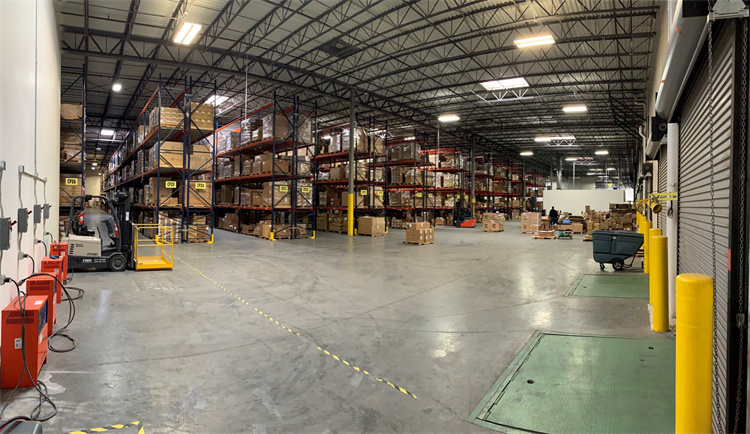Never Ignore Supply Chain Risks: Protect Your Business Today

Supply chain risks pose a significant threat to businesses worldwide. Understanding the importance of supply chain risk management is crucial for ensuring operational continuity and mitigating potential disruptions. With over 11,500 supply chain disruptions reported in 2021 alone, the impacts of these risks are undeniable. To navigate this landscape successfully, companies must adopt strategies that prioritize resilience and proactive measures. Looking ahead, embracing technology and fostering collaboration will be key in shaping the future outlook of supply chain risk management.
Understanding Supply Chain Risks

When considering supply chain risks, it is essential to acknowledge the various threats that can impact businesses globally. From supplier failures to demand fluctuations and even geopolitical events, these risks have the potential to disrupt operations and lead to significant consequences. The occurrence of natural disasters or cyber threats further exacerbates the vulnerability of supply chains, emphasizing the need for proactive risk management strategies.
Historical examples such as the Great East Japan Earthquake and tsunami, Thailand’s flooding, and the Eyjafjallajökull volcano eruption in Iceland serve as stark reminders of how unforeseen events can shake supply chains across entire regions. Similarly, the maritime piracy upsurge and the E. coli-infected vegetable outbreak demonstrate how disruptions can have far-reaching impacts on businesses worldwide.
Moreover, events like the Covid-19 pandemic brought supply chains to a grinding halt, highlighting the importance of understanding and mitigating supply chain risks effectively. The ripple effects of such disruptions are felt across industries, underscoring the critical role of risk management in maintaining operational continuity.
By recognizing the diverse array of risks that can affect supply chains and implementing robust mitigation strategies, businesses can safeguard themselves against potential disruptions. It is imperative for organizations to stay vigilant, adapt to changing circumstances swiftly, and prioritize resilience in their supply chain operations.
Strategies to Mitigate Supply Chain Risks

Diversification
To fortify resilience against supply chain risks, companies must consider diversification as a strategic approach. By engaging in manufacturing diversification, businesses can spread their production across multiple locations, reducing the impact of potential disruptions. Similarly, supplier diversification entails collaborating with various suppliers to ensure a steady flow of goods and services, mitigating the risks associated with dependency on a single source.
Technology and Digitization
Embracing technology and prioritizing digitization are paramount in enhancing supply chain risk management. Through supply chain digitization, organizations can streamline operations, improve transparency, and respond swiftly to emerging challenges. Leveraging generative AI technologies like GAURI enables predictive analytics, empowering businesses to proactively identify and address potential risks before they escalate.
Future of Supply Chain Risk Management
Emerging Trends
Supply Chain Resilience Agreement
In the realm of supply chain risk management, the Supply Chain Resilience Agreement stands out as a groundbreaking initiative. This agreement aims to reduce reliance on specific regions and enhance the production of essential goods. By diversifying manufacturing locations and suppliers, companies can fortify their operations against potential disruptions. Embracing this agreement fosters resilience and ensures continuity in the face of unforeseen events.
Alliances and Collaborations
Forming strategic alliances and collaborations is paramount in navigating the evolving landscape of supply chain risks. Companies like KPMG and Lineaje have joined forces to bolster software supply chain security. These partnerships aim to enhance risk visibility, response times, and anomaly detection through shared expertise and resources. By fostering collaboration within the industry, organizations can collectively strengthen their defenses against emerging threats.
Companies emphasize the importance of supply chain risk management. It provides insight, prevents disruptions, and offers recovery strategies. To safeguard against risks, prioritize proactive measures. Take action now to secure your business's future success.
See Also
Preparedness Strategies: JUSDA Risk Mitigation in Supply Chains
Understanding Inflation Impact on Supply Chain Challenges
The Significance of Supply Chains in Global Trade
